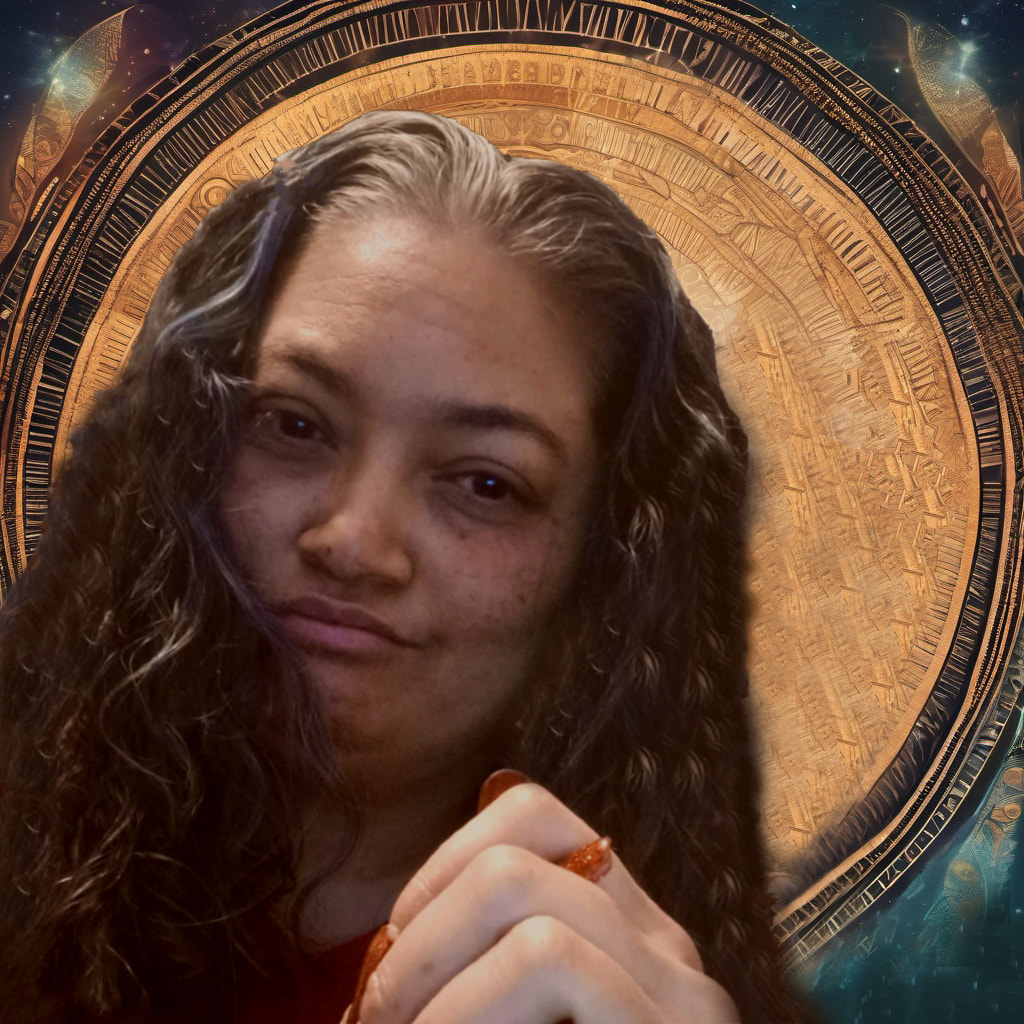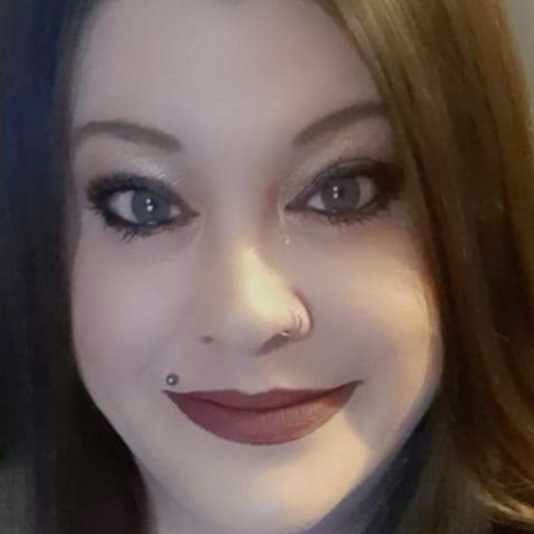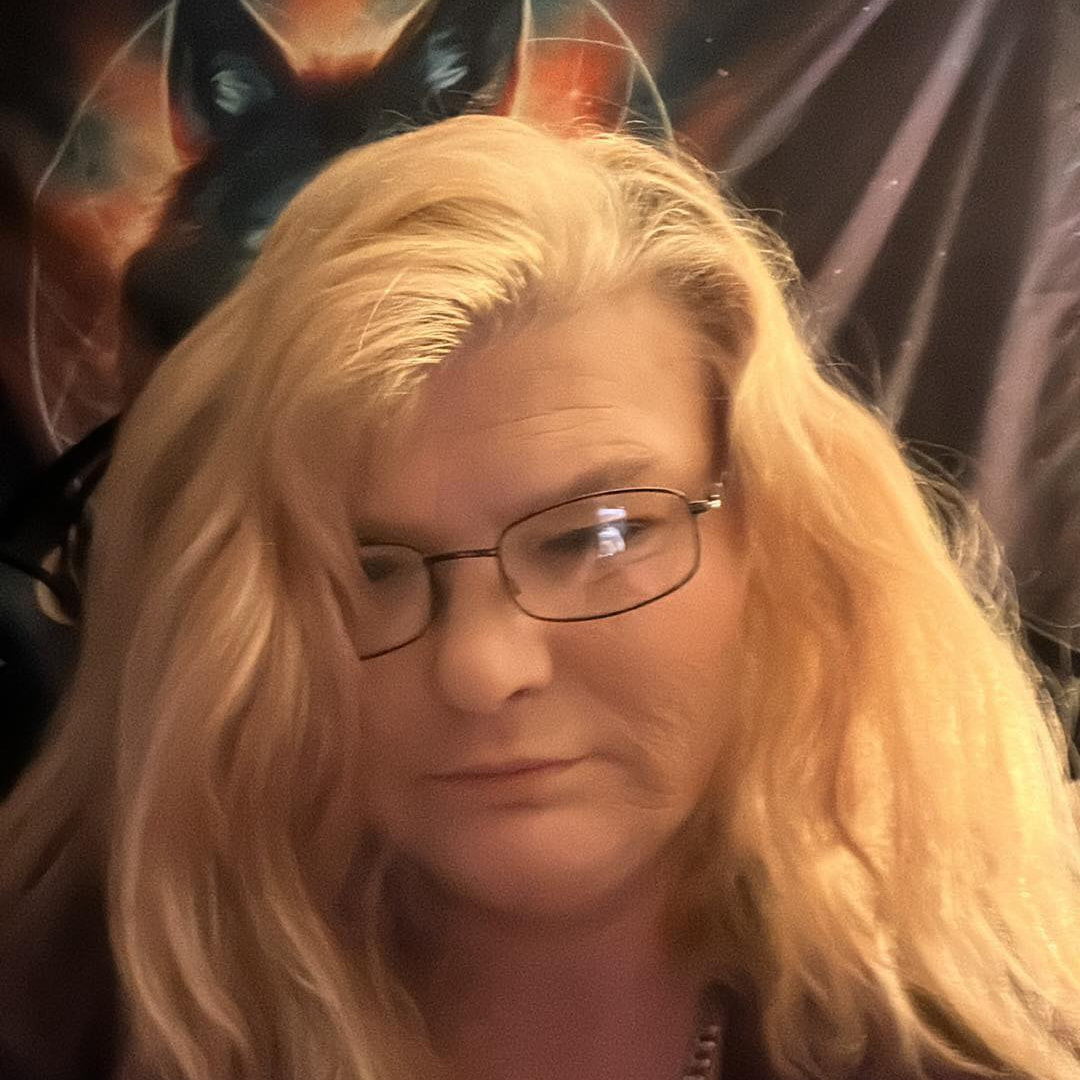|
In our recent interview with Nakia Jones, we discussed the reasons behind writing her book “The Truth Divided” and gained some insights into the book’s title, the Black Lives Matter movement, and what the book can do for all who read it.
Q: What is discussed in your book and why did you feel it needed to be written? A: In my book, I discuss why I became a law enforcement officer and the challenges of being a women in law enforcement and being an African American mother of two sons and dealing with the divide between the color of my skin and the uniform I wear. The difference is I can remove my uniform, but I can't remove the color of my skin. The book also talks about the first time I felt the divide between law enforcement and the police during the Rodney King beating. It also touches on black on black crime as well as Black Lives Matter and Blue Lives Matter, and the importance of them both to me .
Q: Would you call “The Truth Divided” a “tell-all” kind of book?
A: No, “The Truth Divided” is not a tell all book. There were many things I couldn't discuss. The next book will definitely fill in a lot of the blanks. Q: Were there any parts of this book that were difficult for you to write? A: The entire book was difficult to write because it’s about such an emotional topic, a subject that has a mass effect on our country, even outside our country, today. Q: What did you learn through the process of writing this book, about yourself and others? A: I learned that writing and reading this book has begun to help me heal. It also has taught me that no matter what the color of your skin is in a lot of ways we are all saying the same thing. Lives matter and rights have no color. I also believe that if we can just dispel some of our fears and biases we will all be capable of living in harmony. Because, at the end of the day, we are all one race, the human race. Our skin, hair and eye color may be different, and we may have come from different regions, but we are all human beings and one race is not superior to another. Q: How do you feel “The Truth Divided” will help the Black Lives Matter movement? A: I believe this book will help the Black Lives Matter Movement, because it allows others to see what and why we are fighting and why the movement is so important. It also will help people understand why a movement like this even exist and that it’s not to downplay or be against any other race. Black Lives Matter understands and has never disputed that ALL LIVES MATTER. It is just right now it seems to be fact that the only lives that seems not to be a part of ALL LIVES MATTER are BLACK LIVES. Q: What do you hope that “The Truth Divided” will do for people? A: I pray that this book first of all brings Unity and Understanding between Law Enforcement and the Minority Community, as well as it becomes a teaching tool to dispel the myths and biases that we learn when we are younger, which in turn will end racism. I also hope that it brings the Minority community together and also to let Mothers of African American sons know they have a voice.
0 Comments
I recently had the opportunity to speak with homelessness activist, motivational speaker, education enthusiast, musician, and author Michael Gaulden. We spoke about serving homeless youth in America and the need for more support. All questions are asked by me (Lyn Lomasi) and all responses are Mr. Gaulden's words. What is one area you feel is lacking when it comes to serving homeless youth in America? Explain the area, how it's lacking, and how you think this could be changed. I believe that homeless youth are lacking the proper education for an opportunity to liberate themselves. We are talking about individuals who have been traumatized at a very early age and we must take a trauma informed approach when educating these students. Traditional schools and methods of teaching do not work because they fail to acknowledge that a child cannot focus on school if their life is falling apart. For example, picture an unaccompanied youth who roamed the streets all night and has no access to toiletries or a shower. How can you justifiably expect them to come to school with a sharp mind ready to take an exam for the final grade? We must acknowledge first that homeless youth exist and are prevalent in our communities. Secondly, we must acknowledge their circumstance and do our best to help supplement the basic needs required to live. The Monarch School, the K-12 institution for homeless youth where I work, has a parent resource center, showers for families and students, family dinners, bus passes and resources to help remedy some of the everyday struggles of homeless youth and their families. Although we can’t house them, I believe a safe environment that is proactive about homeless necessities is required for the growth and development of homeless student learning. After their basic needs are met, give them opportunities to develop, such as internship programs (like the one I coordinate) and/or college preparatory programs to provide guidance and allow a homeless child the same liberties as any other student. I can attest that all you need is an opportunity and a positive environment to learn and grow. Are there enough organizations, individuals, and grassroots organizations reaching out to homeless youth? Why or why not? Not at all. A major factor is that people believe that homeless youth are myths or consist of snobbish suburban kids in open rebellion. We need to understand that this is simply not the case. There are millions of homeless children, in families, unaccompanied, couch surfing, domestic violence victims and many more who are homeless because of unfortunate circumstances. When the average person thinks of a homeless youth, their mind takes them to a mischievous sixteen year old. The average person cannot see the three and four-year-olds in tents or five-year-olds crying from shock in shelters. I have seen young children, seven and eight, break down from mental depression. Middle and high school children drop out because the system does not address the life skills they need. People have a hard time digesting the thought of Foster Care kids who would probably be homeless if child protective services had not come. So the concept of homeless children is unthinkable. It is such a desolate situation but we must address it. If we acknowledge the problem with good intentions, I am positive many more organizations will bloom once we have fully understood the magnitude of youth homelessness. After all, I doubt any one wishes to see children homeless on the street. Does the state of homelessness in America seem to be getting better or worse since you were affected years ago? Explain. This is a hard question. Innately I would want to say worse because it is all I see. However, I ponder if it has indeed worsened or if this is how it has always been. More light has been shown on homelessness as a whole over the past years and the numbers are rising. It may be a direct correlation to the lack of jobs, resources, opportunity, unstable environments, natural disasters, and viral outbreaks that force good people into homelessness. If you look at the metaphorical glass with this perception it is easy to say that homelessness has worsened and people are as desolate as ever. However, the light has barely begun to shine on homelessness and youth homelessness. It is not like you can take a census poll. Most data comes from shelters and third party organizations, maybe some live counts, but most homeless people are ghosts floating through society. There are millions of them. Good people who have vanished into that world. Good people who are ashamed to search for opportunities because of sheer humiliation, and those who do realize there are few to none. When I was lost in homelessness, I saw homeless people everywhere from all places united under one demoralizing umbrella. If you look at the glass through this perception, you could say it has not worsened but has always been this way; endless transience as far as society can reach. But one thing is for certain, I believe it is not getting better. I do not have an answer for the elderly homeless or the veterans harassed on the street. It is truly a tragedy outside of my personal realm of control. However, if we educators educate the homeless youth, if we equip them with tools to survive life, mentors, support, and opportunity, they can then go forth and graduate college or learn a trade, start a business, and liberate themselves. Thus, ending their homelessness themselves and hopefully their future offspring, materializing a new legacy. I am a huge believer of “teach a man to fish, he can eat for a lifetime.” If we try and save kids, they will be rescued momentarily. If we assist them in saving themselves, they will forever be free. But, they cannot achieve success alone. Questions for Author Michael Gaulden? Would you like to add anything to this discussion? Agree? Disagree? Have a story to tell? Please feel welcomed to comment below.
|
Speak Up!
Archives
July 2018
Categories
All
|
- Brand Shamans
- Brand Healing
- Inner Healing
-
INTENT-SIVE NATURE
- Content & Brand Elevation
- Healing Jewelry & Talismans
- Bath, Beauty, & Self-Care
- Healing Sessions
- Rituals, Herbs, & Altar Supplies
- Gawwwdess Baby Boutique
- Soul Flame Gifts
- Yoga & Meditation
- Books & Media
- Education & Homeschool Resources
- Home, RV, & Decor
- Clothing
- Pets
- Custom Orders
- Monthly Subscription Boxes
- October Festivals
- FLOW-Key Parenting
- About & Contact
- RV, Nature, & Travel Shamans
- Souls Within
- Life & Home
- Heart 'N Mind Homeschool
- The Homeschooling Mommy
- Books & Authors
- Speak Up!
- Pawsitive Pet Parenting
- Manifesterz
- Gifts In Minutes
- Brand Shamans
- Brand Healing
- Inner Healing
-
INTENT-SIVE NATURE
- Content & Brand Elevation
- Healing Jewelry & Talismans
- Bath, Beauty, & Self-Care
- Healing Sessions
- Rituals, Herbs, & Altar Supplies
- Gawwwdess Baby Boutique
- Soul Flame Gifts
- Yoga & Meditation
- Books & Media
- Education & Homeschool Resources
- Home, RV, & Decor
- Clothing
- Pets
- Custom Orders
- Monthly Subscription Boxes
- October Festivals
- FLOW-Key Parenting
- About & Contact
- RV, Nature, & Travel Shamans
- Souls Within
- Life & Home
- Heart 'N Mind Homeschool
- The Homeschooling Mommy
- Books & Authors
- Speak Up!
- Pawsitive Pet Parenting
- Manifesterz
- Gifts In Minutes



 RSS Feed
RSS Feed




